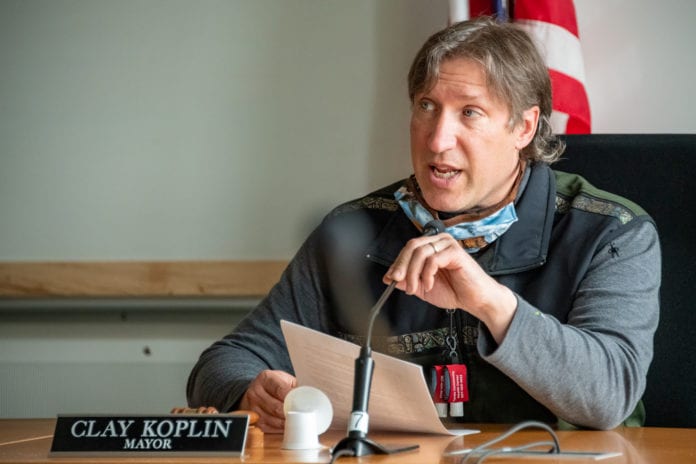Sustainable salmon runs are the lifeblood of communities across Alaska. More than 50 years ago, Alaska’s nonprofit hatcheries set out to preserve and protect our salmon runs and keep them strong, healthy and sustainable for generations to come. By partnering with local fishermen, communities and state agencies, we’ve enhanced returns for all users — all while ensuring wild stocks remain strong.
Today, Alaska’s salmon hatcheries play a significant role in our state’s $5.4 billion fishing industry, which exports more than a million metric tons of high-protein, nutrient-rich seafood every year. On average, hatchery-born fish contribute $120 million in ex-vessel and $361 million in first wholesale value annually. That’s nearly a quarter of the total value of our state’s annual salmon harvest.
Even more valuable are the partnerships we’ve forged with local communities. Together, Alaska’s nonprofit hatcheries support 4,700 jobs and more than $218 million in annual labor income. That’s on top of the estimated $380 million in annual economic output generated by hatchery operations. All told, nonprofit hatcheries impact every corner of Alaska’s seafood industry, from commercial fishing to seafood processing to non-resident sportfishing. If you work in fishing, you have benefited from a nonprofit hatchery.
In communities like Cordova, Sitka and Kodiak, for example, everyone is connected to the commercial fishing industry and, by extension, the nonprofit hatcheries. Here in Cordova, local fishermen launched the hatchery program to salvage struggling fisheries that were closed for many years in the wake of the Good Friday Earthquake and its significant impacts on Prince William Sound salmon runs. The success of these ventures is evident in Cordova’s competitive commercial fleet and vibrant fishing community. They have also allowed the recovery of the wild salmon stocks in these regions.
Prince William Sound Aquaculture Corporation (PWSAC) is an active member of our community and one with great impact. Annually, PWSAC supports 1,405 jobs, $168 million in labor income, and $192 million in total economic output, according to a McDowell Report published in 2018.
Promoting the health of Alaska’s wild salmon stocks and the communities that depend on them has never been more important. At a time when all Alaskans are grappling with the unprecedented impacts of the COVID-19 pandemic, we are acutely aware of the important role that hatcheries play in supporting Alaska’s fisheries. Despite the challenge, our hatcheries continue to operate while taking all due precautions to protect their employees and the communities where they live and work.
In fact, all Alaskans should take pride in how Alaska’s fishing industry has risen to the challenge. Across the state, boat captains, fishery workers and processors have worked with state agencies, communities and tribes alike to protect public health while they prepare for the upcoming season. While there’s much work to be done yet, the low number of new cases in fishing communities gives us hope that precautionary measures and the willingness to implement quick change and a culture of agility is working.
Amidst the present tragedy and economic crisis, returning salmon provide a bright spot of hope for the future. As a Cordova resident and as mayor, I remain grateful for the support we continue to receive from our fellow Alaskans and encourage them to continue supporting Alaska’s world- class fishing industry just as our fisheries have supported and sustained us through the years.
Clay Koplin is mayor of Cordova, Alaska and CEO of the Cordova Electric Cooperative. As a lifelong Alaskan, Koplin grew up on the Kenai and attended UAF in Fairbanks, then lived as a professional engineer in Kodiak and Cordova. Koplin has served as mayor of Cordova since (March) 2016, holds a BA in electrical engineering and an MBA, and currently spearheads several innovative energy programs in partnership with the Department of Energy for Battery Energy Storage, Grid Modernization and Energy-Food-Water Nexus. Koplin has worked in seafood processing plants, commercial fished, and is an avid subsistence and sport fisherman. To learn more about Alaska’s private non-profit salmon hatcheries, visit salmonhatcheriesforak.org. To learn more about Cordova’s response to COVID-19, visit covid19.cityofcordova.net.






